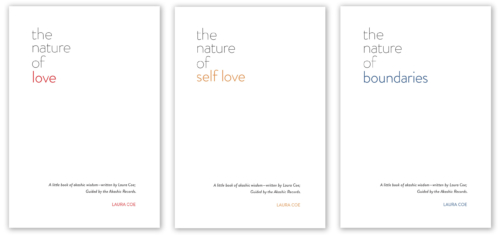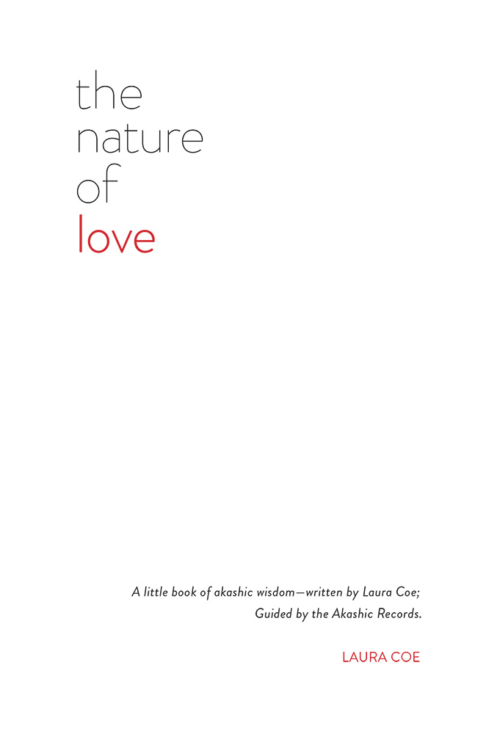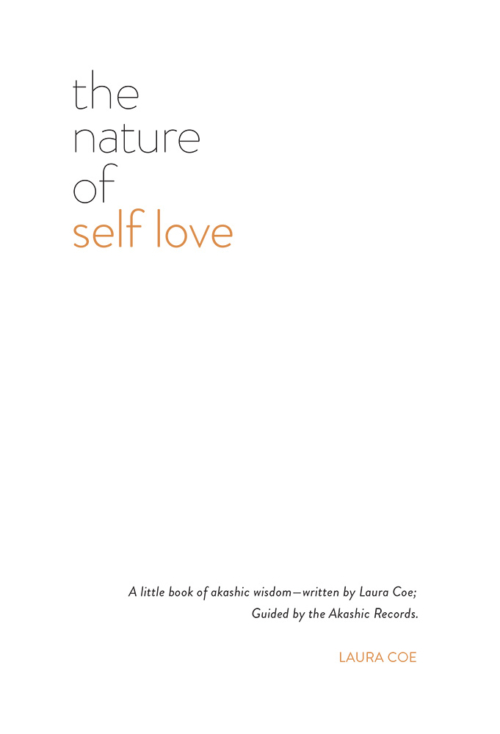“Your words will either give you joy or give you sorrow, but if they were spoken without regret, they give you peace.” ― Shannon L. Alder I am not enough.But at the party, when I explained my day, I didn’t talk about this. Instead, I spoke about the latest sushi restaurant that opened downtown, my recent Netflix binge, a few timely comments on education reform and my son’s adorable new haircut. Because these are the stories that I tell —I tell stories that other women are okay with hearing. Stories that don’t shake and don’t divulge. Stories that obfuscate and smooth.But the truth is, on that day, I didn’t feel like I was enough.Pulling out the most vulnerable parts of ourselves and putting it out in the open can at times not only be difficult, but socially inappropriate. So, I told them a different story. Every woman smiled. We were all happy; we were all having a good time. No one cringed; no one looked away.Telling the different story, the story where you look yourself in the mirror and don’t like the person you see, is a much scarier narrative.
Emotional Fitness — Why is it Important?
When you tell your friends about your problems, they get concerned. Their instinctive response might be:Are you okay?Do you need to see a therapist?Is there a crisis?When really, there isn’t a crisis and you are okay. The sad reality is that working on our internal lives is not something that is encouraged because the silent assumption is that we all have it together, even when really, a lot of us don’t. Many of us walk to dinners, walk to jobs, and walk back home with erratic thoughts, negative feedback loops, and feelings of shame and anger. And yet, we don’t look at our emotions and our thoughts to fix the problem. We look to other things, most notably, desires:If maybe I was 10 lbs lighter…If maybe I was in this job…If maybe I was dating this man…Here’s the truth: Your thoughts control your actions which control your destiny. And if you don’t start there, society, culture, and the people around you, won’t do it for you. Emotional fitness is a process, not a destination, but it’s one you can start right now.
The 3 Reasons We Ignore Our Internal Lives and Don’t Get Emotionally Healthy
Reason #1: “Getting over it” is the Stronger Choice.
We live in a culture where “getting over it” feels like the only acceptable response. Feeling down, feeling defeated, and feeling unworthy — all these feelings are viewed as weak. Almost any suffering that isn’t socially acceptable is equated to being weak…
Rebuttal #1: Facing Your Unwanted Feelings is the Stronger Choice
When we don’t confront our feelings, we don’t get over them — we just push them away, rather than dealing with them at the root. This is how emotional weight pulls us down. It’s stronger to face your emotions, your shortcomings, and your flaws directly.
Reason #2: Talking About Your Emotional Health is TMI
We believe that if people are aware of our flaws, they’ll use them against us. That if people know we are not perfect, not altogether, not “emotionally fit”, they will judge us and take back their love.
Rebuttal #2: Talking About Your Emotional Health is Healthy
Sure, you need to use social intelligence to know when some topics are appropriate and when some things aren’t. But with close friends, people who have earned your respect and your trust, you should talk about your emotional health. People don’t connect with perfect people. They connect with people at the rough edges and they do it over shared problems, shared concerns, and shared experiences. You are working on yourself — inside and out — and that’s something that you should be proud of.
Reason #3: Don’t Let Your Humanity Show
Our society has conditioned us to believe that if you are perfect, life will be smooth. But life by it’s very nature is rocky. The idea of perfection and maintaining the masquerade is the very barrier that stops us from emotional health.
Rebuttal #3: Let Your Humanity Show
Everyone has shortcomings, fears, and anxieties because we’re all made of the same human fabric. It’s not about being perfect and it’s not about being a robot. It’s about being a human being, striving to be better, but coming to grips with your flaws. The truth is, life isn’t perfect. Deep down, people recognize the inauthenticity of the very ones who act as if it is. So be honest, not just with others, but with yourself. Own your humanity — it allows you to be supported, rather than isolated, by the people who are capable of doing so.
The True Beauty of the Ordeal
“If your heart is a volcano, how shall you expect flowers to bloom?”― Khalil Gibran Society has conditioned us to talk and sashay around topics with enough cultural sensitivity that we don’t talk about them at all. In hushed tones, we talk about sex. In office chit-chat, we talk about how well our children are doing. But our flaws, our imperfections—these are much more difficult talking points to handle. And for the people I love, respect, and fully trust, in the past, giving them access to my vulnerabilities is something I couldn’t do, let alone try. The world is keeping us from being emotionally fit and it took me years until I finally realized that this was the first sign.On another night, another party, I didn’t mention Netflix and I didn’t mention sushi. Instead, for what felt like the first time, I told them that I felt deflated, sometimes defeated. That, maybe I wasn’t cut out to be a writer. These were difficult truths to share. But the texture of the night felt different. My friends accepted me, supported me, filled me with strength. I had exercised the tools it took to become emotionally fit. I gained the courage to be honest with myself, put my faith in others, and in the process, become a more stable, more resilient meIn the end, I’ve realized that all it takes is understanding that there are social barriers in your way and that you have the ability to break them to do what you want. The choice to be emotionally healthy is available to anyone. But the true beauty of the ordeal is that it’s something you can start right now. All you need to do is to be honest with yourself, and then, speak.




